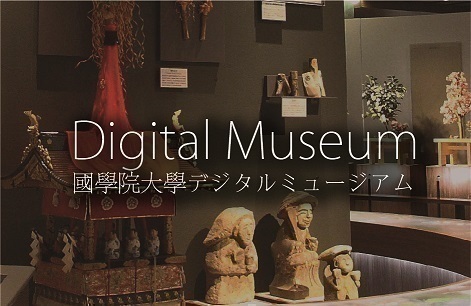- トップ
- Encyclopedia of Shinto
- Kitabatake Chikafusa
Encyclopedia of Shinto
| Main Menu: | |
| Links: |
詳細表示 (Complete Article)
| カテゴリー1: | 8. Schools, Groups, and Personalities |
|---|---|
| カテゴリー2: | Personalities |
| Title | Kitabatake Chikafusa |
| Text | (1293-1354) Courtier of the late Kamakura and North-South Court (Nanboku) periods. Born in 1293 as the son of Kitabatake Moroshige (1270-1321) of the Murakami branch of the Genji clan. Highly trusted by Emperor Godaigo, he was appointed to the position of Major Councilor (dainagon), a rank superior to that held by his father and ancestors, and along with Yoshida Sadafusa (1274-1338) and Made no Kōji Nobufusa (1258-?) was considered one of the gosanbō (the three famous retainers of Emperor Godaigo who used the character fusa in their name). Kitabatake was placed in charge of the education of second Imperial Prince Yoyoshi, but the prince died at an early age, with the result that Kitabatake took the Buddhist tonsure in 1330, and thereafter went by the Buddhist religious name Sōgen, but he later changed it to Kakkū. With the Kenmu Restoration of 1333, Chikafusa, along with Akiie, his eldest son who was promoted to the post of chinjufu shōgun (General of the Northern Pacification Command), pledged their loyalty to Imperial Prince Noriyoshi, and headed to northeastern Japan and Mutsu Province; they later pursued an army raised by Ashikaga Takauji, and defeated his army at Kyoto. Thereafter they moved to the province of Ise, where Kitabatake Chikafusa became deeply involved with Ise Shintō. After his son Akiie was killed in battle, Kitabatake once again pledged his support to Noriyoshi, and set sail for Mutsu, but they encountered heavy storms on the way and were forced to land in the province of Hitachi. While working to establish a systematic government of the Southern Court in the eastern provinces, Kitabatake authored the Jinnō shōtōki (Chronicle of the Direct Descent of Divine Emperors) and the Shokugenshō. The government of the eastern provinces could not be maintained, and fortresses they relied upon fell, forcing them to retreat to Yoshino, where Kitabatake became the principal councilor of the Southern Court, which invaded Kyoto in 1351, declaring itself the legitimate government. He remained in a leading position in the southern court during the period of national unrest, and died in 1354 in Anou at the age of sixty-two. Other works he authored include Gengenshū, concerning Ise Shintō, and Nijūisshaki and Shingon naishōgi. - Yonei Teruyoshi |




